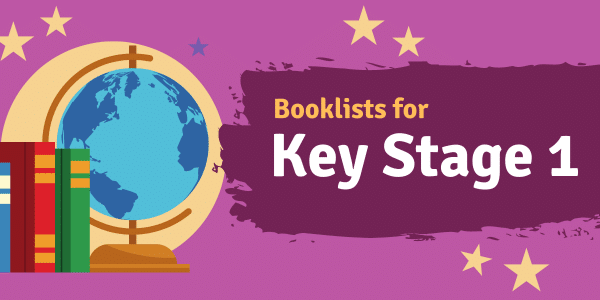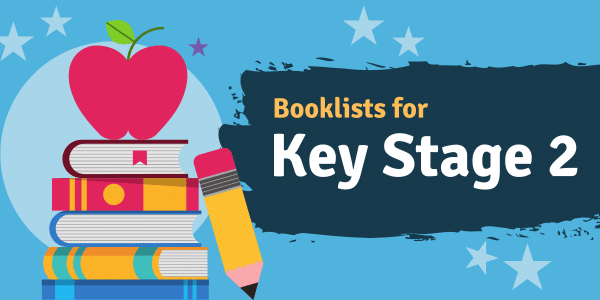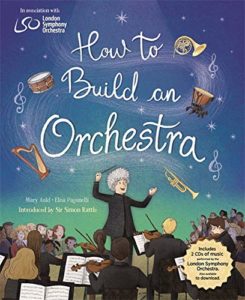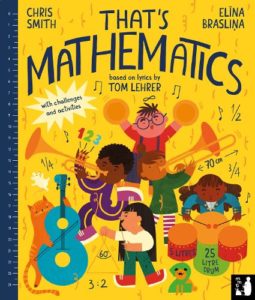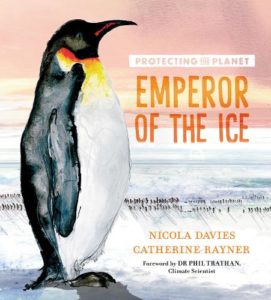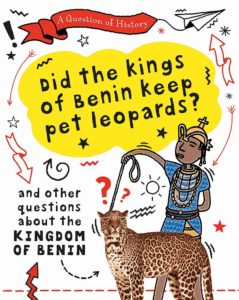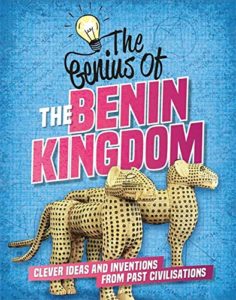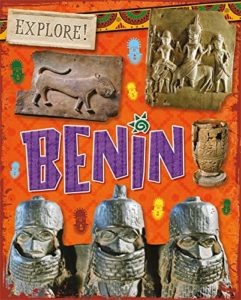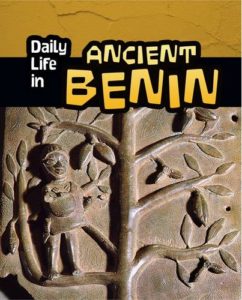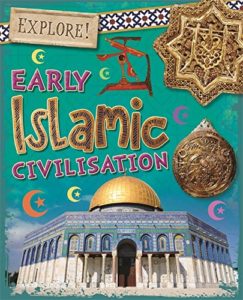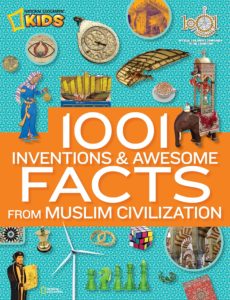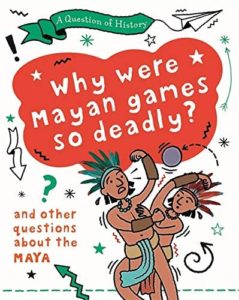Find out what makes up an orchestra and learn about its different instruments with this beautifully illustrated book, produced in association with the London Symphony Orchestra.
This wonderfully illustrated story follows a conductor who is auditioning each instrument for his orchestra. With accompanying CDs and downloadable music, follow our conductor on his journey and discover the beautiful music of an orchestra.
With pictograms of a full-size symphony orchestra and information on all of the music featured, as well as a foreword by Sir Simon Rattle, Music Director of the LSO, this is the must-have book on the orchestra and its instruments for children aged 7+.








